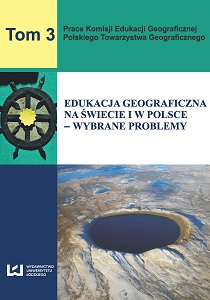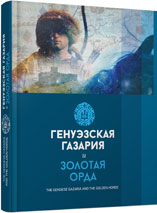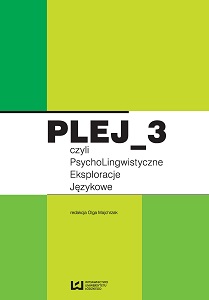
Geographical education in the Australian educational system
Edukacja geograficzna w australijskim systemie kształcenia
Keywords: Australian educational system;curriculum;teaching subjects;subject areas;geographical education
In the Australian schools subject teaching is not prioritized. The curriculum is based on the general assumptions which contain the present and future conditions of education, the desired system of values and the basic attainment targets. This framework underlies the structuring of the content which is divided into eight subject areas such as: the Arts, English, Health and Physical Education, Foreign Languages, Mathematics, Science,Society and Environment, Technology and Entrepreneurship. Geographical education appears mainly in two subject areas: Science and Society and Environment. However some elements of geography may occur also in other subject areas. Geography as an independent subject, alike other subjects appears only in the last two years of the upper secondary school. These subjects can be selected as examination subjects and their grades will count in the application procedure to Universities. From among different conceptions of geographical education the ones considered the most useful are: regional studies from the local environment, through the mother region up to the country and global dimension. They tend to represent thematic studies approach and problem-solving strategies. System and systematic approaches are not asfrequent.
More...

